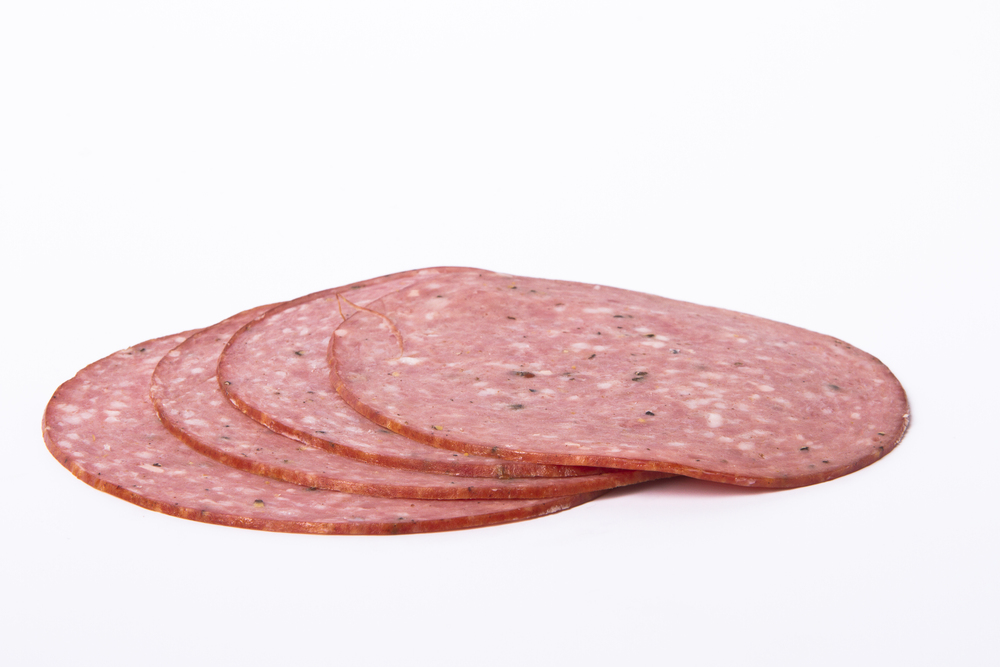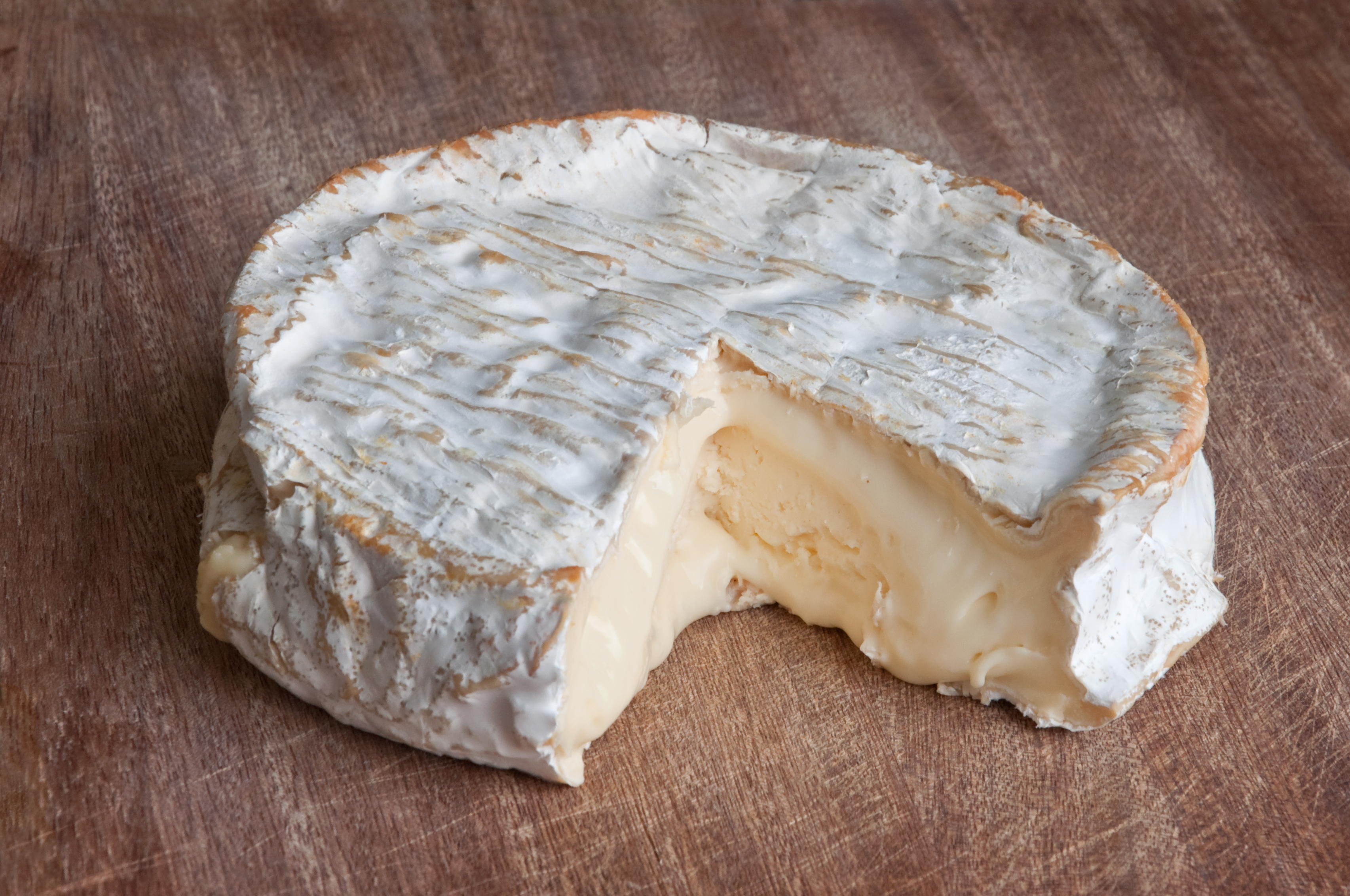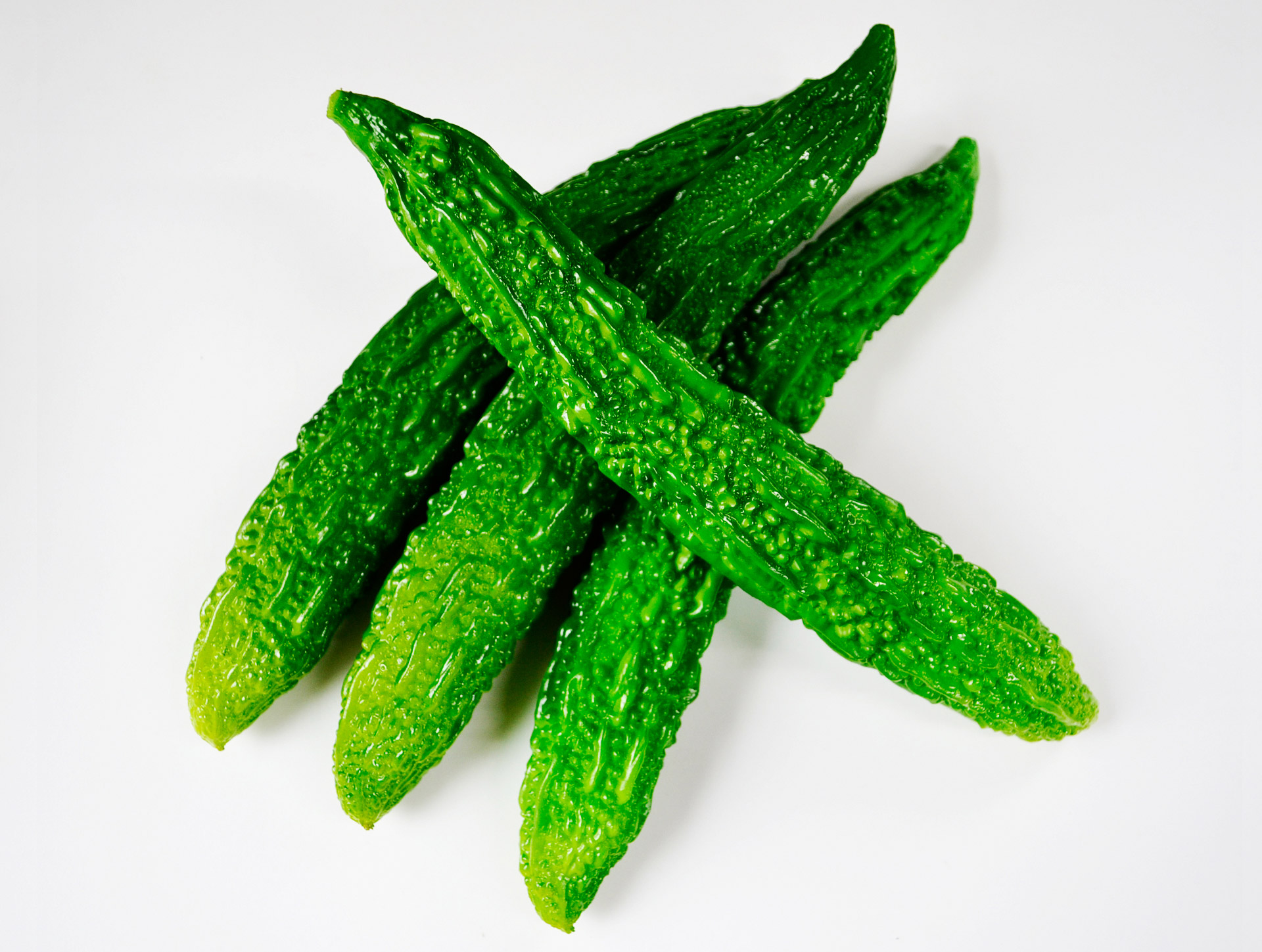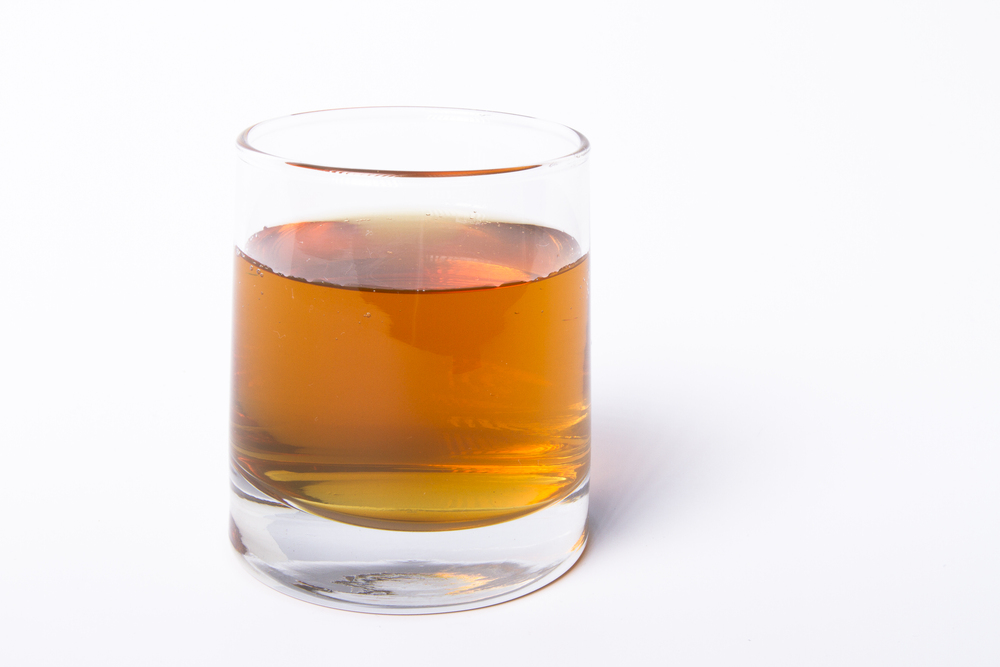During my dietetic internship, I was privileged to be placed at the Hospital’s High-Risk Obstetrics Unit. I truly enjoyed this placement as I came across the most motivated clients – mothers!
Mothers are motivated to do anything it takes to ensure a safe and healthy pregnancy. However, having been bombarded with loads of information (and at times, misinformation!) from the internet, family and friends, some clients endure unnecessary stress and worry.
In this post, I have listed foods that should be avoided or limited in pregnancy. I hope that this helps make “moms to be” more comfortable with the food they eat!
Raw Meat, Raw Fish and Raw Eggs
Raw meat and raw fish (especially shellfish, oysters and clams) are likely to be contaminated with bacteria and should be avoided (1). Similarly, raw eggs should be avoided because of the potential exposure to salmonella. Be aware of foods that may contain raw eggs such as Hollandaise sauces, and homemade custards, ice cream and dressings.
Deli Meat

Deli meat may be contaminated with listeria, which could cross the placenta, leading to infection and miscarriage (1). Deli meat could only be consumed if it is heated to safe temperatures.
Fish with Mercury
Mercury consumption has been linked

White tuna (also known as albacore tuna) should be consumed in moderation (no more than 300 grams per week) (1). Further, avoid eating fish from local lakes. Make sure you buy fish from the grocery store!
Soft Cheeses
Soft cheeses that are not pasteurized may contain listeria (1). These include Brie, Camembert, Feta and certain Mexican style cheese. Note that soft cheese sold at the grocery store is usually pasteurized and safe to eat.

Bitter Melon

Animal experiments suggest that certain chemicals in bitter melon cause abortion (12, 13). Just to be on the safe side, women may want to consider avoiding bitter melon during pregnancy.
Spices
Most spices are safe in pregnancy, if used in normal food amounts. Pregnant women should however avoid using spices in form of pills and in therapeutics doses.
Saffron

While we do not have enough evidence to make recommendations regarding the use of saffron, it is recommended that pregnant women do not use saffron in large quantities. Few studies have suggested that large amounts (more than 10 grams) of saffron may cause increased uterine contractions and lead to miscarriage (10, 11).
Cinnamon

The safe amount of cinnamon for adults is 2 to 5 grams per day. There are no specific guidelines for pregnancy and there is no evidence suggesting that is consumption would be unsafe. It is however suggested that you avoid consuming high medicinal or therapeutic doses of cinnamon (8, 9).
Caffeine
While many studies have been conducted to study the association between caffeine intake and the risk of spontaneous abortion, findings are inconclusive. Few systematic reviews of current evidence indicate that there may be a dose-dependent relationship, where it was concluded that every 100mg increase in caffeine intake may increase the risk of spontaneous abortion by 14% (2, 3).

Considering that a good number of studies support an association between caffeine intake and an increased risk of spontaneous abortion, it is suggested that pregnant women do not exceed a daily intake of 300mg (2, 3, 4, 5).
Chamomile
When consumed regularly, chamomile has been shown to increase the risk of pre-term delivery (6,7). It’s important to note that there is not significant evidence backing this up, but to be on the safe side, it is suggested that pregnant women avoid chamomile intake.
Other Herbal Teas
Herbal teas containing aloe, labrador tea, sassafras, duck root, juniper berry, pennyroyal, buckthorn bark, lobelia and senna leaves should be avoided during pregnancy (1). Other types of herbal tea including ginger, citrus peel, lemon balm, orange peel, rose hip and linden flower are generally safe. Regardless, drink them in moderation (no more than 2-3 cups a day) (1).

Remember that the main concern during pregnancy is food safety! You can learn more about
References
- Public Health Agency of Canada. (2011). The Sensible Guide to a Healthy Pregnancy. Retrieved from http://www.phac-aspc.gc.ca/hp-gs/pdf/hpguide-eng.pdf
- Greenwood, D. C., Thatcher, N. J., Ye, J., Garrard, L., Keogh, G., King, L. G., & Cade, J. E. (2014). Caffeine intake during pregnancy and adverse birth outcomes: a systematic review and dose–response meta-analysis.
- Lyngsø, J., Ramlau-Hansen, C. H., Bay, B., Ingerslev, H. J., Hulman, A., & Kesmodel, U. S. (2017). Association between coffee or caffeine consumption and fecundity and fertility: a systematic review and dose–response meta-analysis. Clinical epidemiology, 9, 699.
- Paula, T. D. M. D., Shang, F. L. T., Chiarini-Garcia, H., Radicchi, F., & de Almeida, C. L. (2017). Caffeine Intake during Pregnancy: What Are the Real Evidences?. Journal of Pharmacy and Pharmacology, 5, 249-260.
- Li, J., Zhao, H., Song, J. M., Zhang, J., Tang, Y. L., & Xin, C. M. (2015). A meta‐analysis of risk of pregnancy loss and caffeine and coffee consumption during pregnancy. International Journal of Gynecology & Obstetrics, 130(2), 116-122.
- Trabace, L., Tucci, P., Ciuffreda, L., Matteo, M., Fortunato, F., Campolongo, P., … & Cuomo, V. (2015). “Natural” relief of pregnancy-related symptoms and neonatal outcomes: above all do no harm. Journal of ethnopharmacology, 174, 396-402.
- Jensen-Jarolim E, Reider N, Fritsch R, Breiteneder H. Fatal outcome of anaphylaxis to camomile-containing enema during labor: a case study. J Allergy Clin Immunol. 1998 Dec; 102(6 Pt 1):1041-2.
- Ulbricht, C., Seamon, E., Windsor, R. C., Armbruester, N., Bryan, J. K., Costa, D., … & Grimes Serrano, J. M. (2011). An evidence-based systematic review of cinnamon (Cinnamomum spp.) by the Natural Standard Research Collaboration. Journal of dietary supplements, 8(4), 378-454.
- Ernst, E. (2002). Herbal medicinal products during pregnancy: are they safe?. BJOG: An International Journal of Obstetrics & Gynaecology, 109(3), 227-235.
- Mollazadeh, H., Emami, S. A., & Hosseinzadeh, H. (2015). Razi’s Al-Hawi and saffron (Crocus sativus): a review. Iranian journal of basic medical sciences, 18(12), 1153.
- Schmidt, M., Betti, G., & Hensel, A. (2007). Saffron in phytotherapy: pharmacology and clinical uses. Wiener Medizinische Wochenschrift, 157(13-14), 315.
- Trivedi Rashmi, V., Wadher Kamlesh, J., Taksande Jayashri, B., & Umekar Milind, J. (2011). Bitter melon: a bitter body with a sweet soul. IJRAP, 2(2), 443-447.
- Chan W, Tam P, Yeung H. The termination of early pregnancy in the mouse by beta-momorcharin. Contraception. 1984;29(1):91-100.
| Chicago |
One thought on “Foods to Avoid or Limit in Pregnancy”